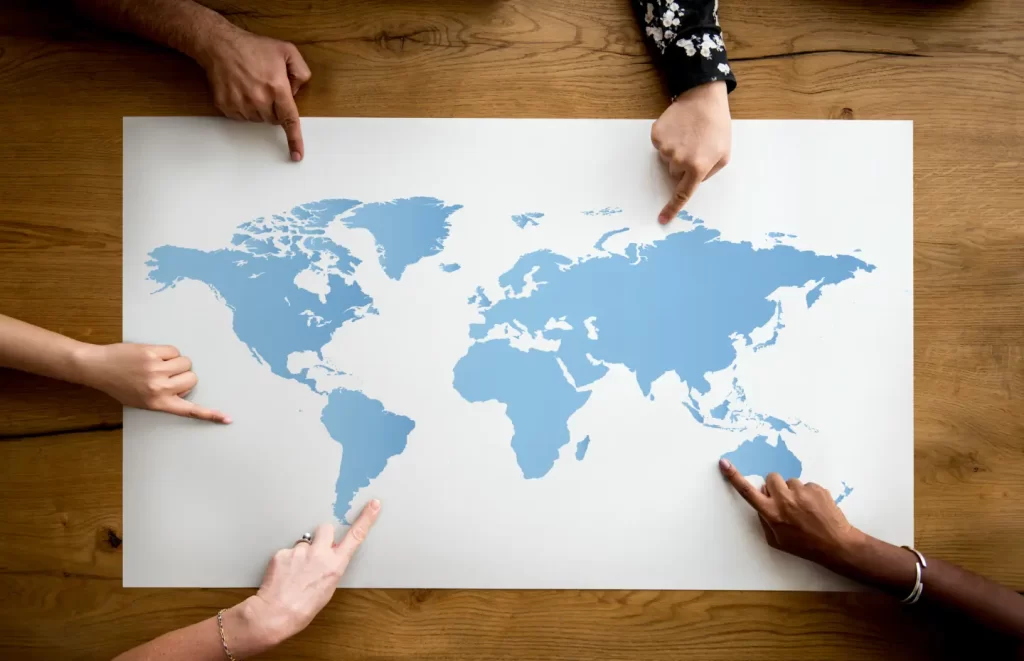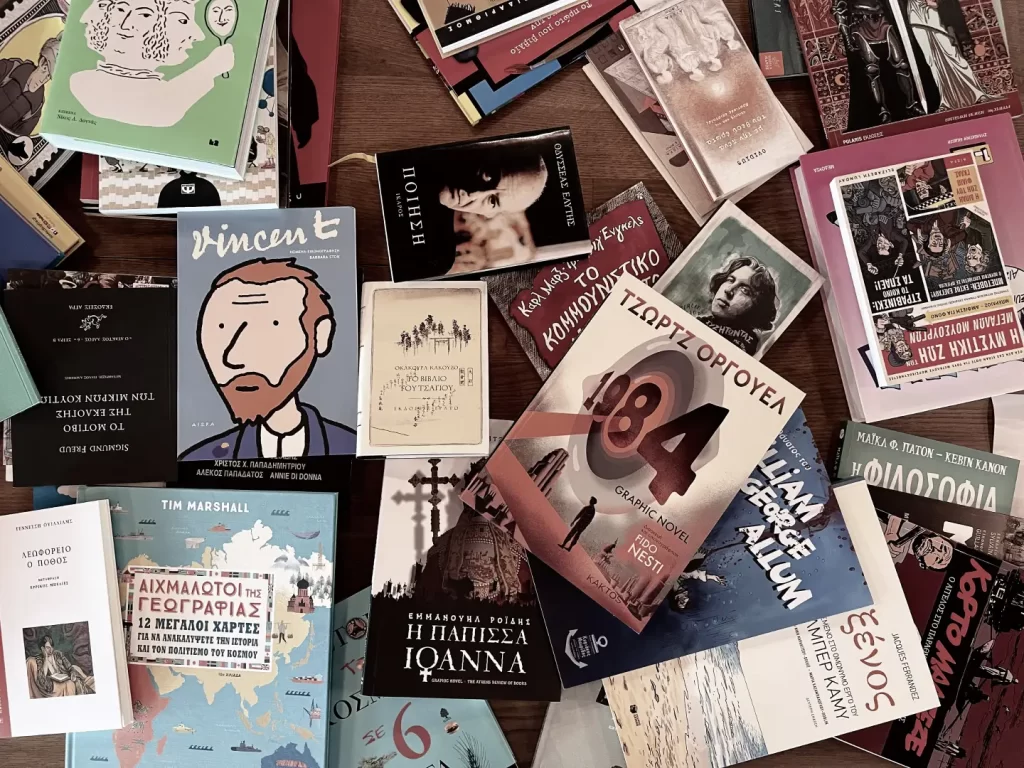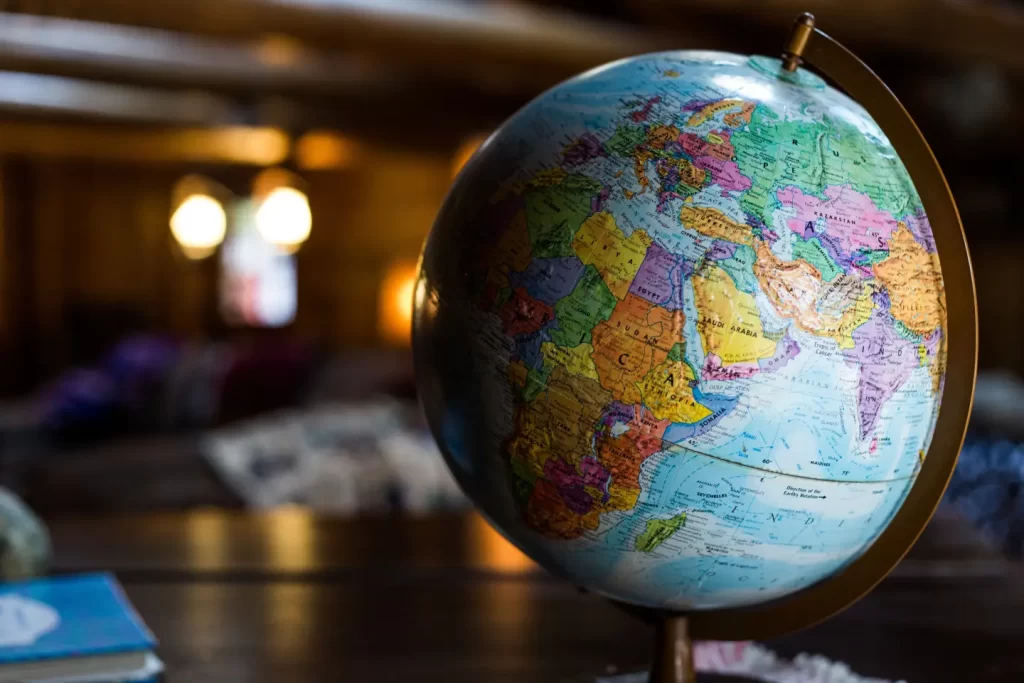Translation and International Rights: A Global Gateway for Sharing Stories
Translation and International Rights: A Global Gateway for Sharing Stories
In the realm of publishing, translation, and international rights play a critical role in sharing stories on a global scale. This blog post delves into the significance of these processes in disseminating literature across borders, thus creating a worldwide community of readers.
Unveiling the Power of Translation and International Rights
The global publishing landscape is a vibrant tapestry woven with stories from every corner of the world. These narratives, rich in their diversity, hold the power to connect people across continents, cultures, and languages. However, for these stories to truly resonate on a global scale, they must overcome the barriers of language and geography. This is where translation and international rights come into play.
The Magic of Translation: Breaking Language Barriers
The translation is more than a mere linguistic exercise; it’s a form of literary alchemy that transforms a story from one language into another, enabling it to reach and touch readers beyond its original language demographic. It is the key that opens the doors of a narrative to a global audience, allowing them to delve into new worlds, perspectives, and experiences.
International Rights: Expanding Horizons
International rights serve as the legal framework that enables a book’s journey across borders. By selling these rights, publishers grant foreign counterparts permission to publish and distribute the book in their respective territories. This not only extends the geographical reach of a book but also enhances its potential influence by ensuring accessibility to diverse populations worldwide.
Together, Translation and International Rights Create a Global Literary Symphony
When combined, translation and international rights create a powerful synergy that can propel a book onto the global stage. They facilitate the cross-pollination of ideas, foster cultural exchange, and contribute to the creation of a more inclusive and interconnected literary world.
In the following sections, we will delve deeper into the intricacies of translation and international rights, exploring their role in global publishing, their impact on authors and readers, and the processes involved in selling these rights and translating books. So, let’s embark on this literary journey that transcends borders and brings the world closer, one book at a time.
Understanding International Rights
What are International Rights?
International rights refer to permissions granted by the original publisher to publish and distribute a book outside its initial country of publication. These rights can be traded off to publishers abroad, enabling the book to penetrate new markets and reach a wider readership.
Types of International Rights
International rights can be categorized into various types depending on the medium and market. For instance, there are print, digital, audio, film, and television rights. Each type represents a different opportunity for the book to be adapted and shared, whether it’s in print form, as an e-book, audiobook, or screen adaptation.
The Importance of Selling International Rights
The sale of international rights extends a book’s accessibility, making it available to readers who might otherwise not have had the chance to explore it. This can significantly amplify a book’s sales, influence, and global footprint.
The Role of Translation in Publishing
Bringing Books to New Audiences
Translation acts as a bridge, connecting a book to readers who speak different languages. It unlocks stories for these readers, who may not have had the opportunity to enjoy them in the book’s original language.
The Art of Translation
Translation is not just about converting words from one language to another. It’s an art that requires the translator to capture the original text’s tone, style, cultural nuances, and emotional depth, all while making it accessible and engaging for a new audience.
The Challenges and Rewards of Translation
Translation is a nuanced process that requires linguistic prowess and a deep comprehension of diverse cultures. Despite its inherent challenges, successful translations can introduce authors to untapped markets and expand their reader base.
The Process of Selling International Rights and Publishing Translated Books
Selling International Rights
The sale of international rights entails negotiation between the original publisher and a foreign publisher. Aspects like price, territory, and duration form part of this discussion.
Role of Literary Agents and Sub-agents
Literary agents and sub-agents often play a crucial role in selling international rights. They represent the author’s interests, negotiate deals, and establish connections with foreign publishers. Their expertise can be invaluable in navigating the complexities of international publishing.
Publishing Translated Books
Once rights have been secured, the foreign publisher arranges for the book’s translation, marketing, and distribution within their territory. Although this process can be time-consuming, it is instrumental in reaching a broader spectrum of readers.
Conclusion
Translation and international rights are potent tools for sharing stories globally. By understanding and leveraging these processes, publishers can aid authors in reaching a truly international audience and enable readers worldwide to unearth and enjoy diverse stories.
Returning to our literary haven, Letras Ausentes: Celebrating Creativity in the Literary World, we continue our exploration of the vibrant tapestry of literature, offering insights into the creative minds shaping its legacy. Join us once again in celebrating the diverse voices and enduring impact of the written word.



















